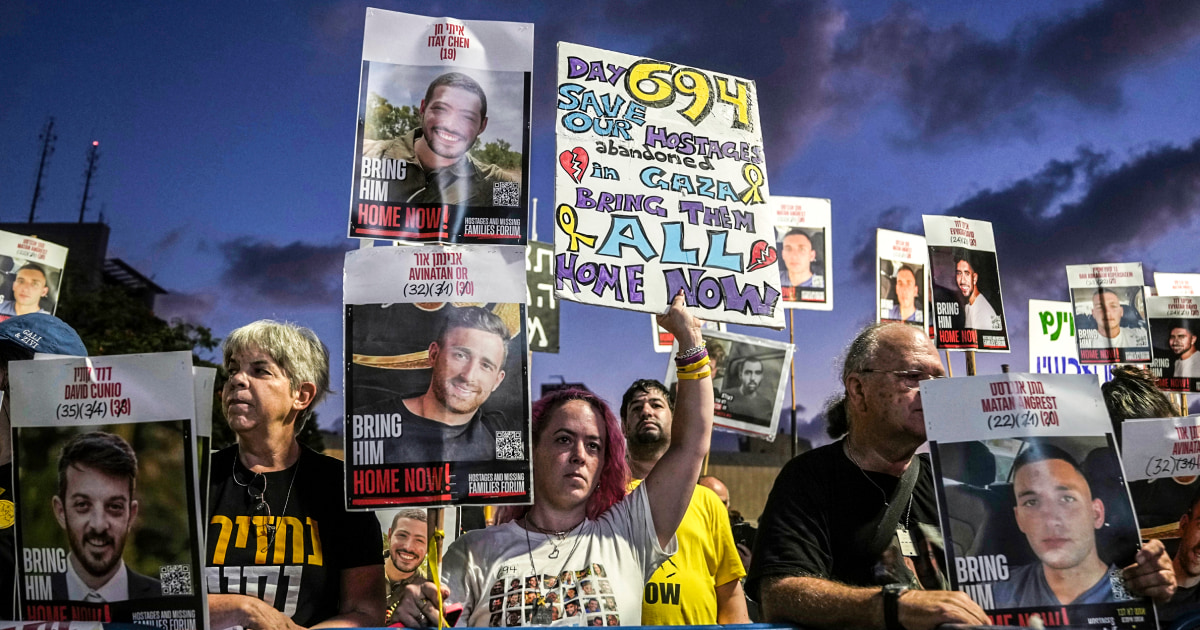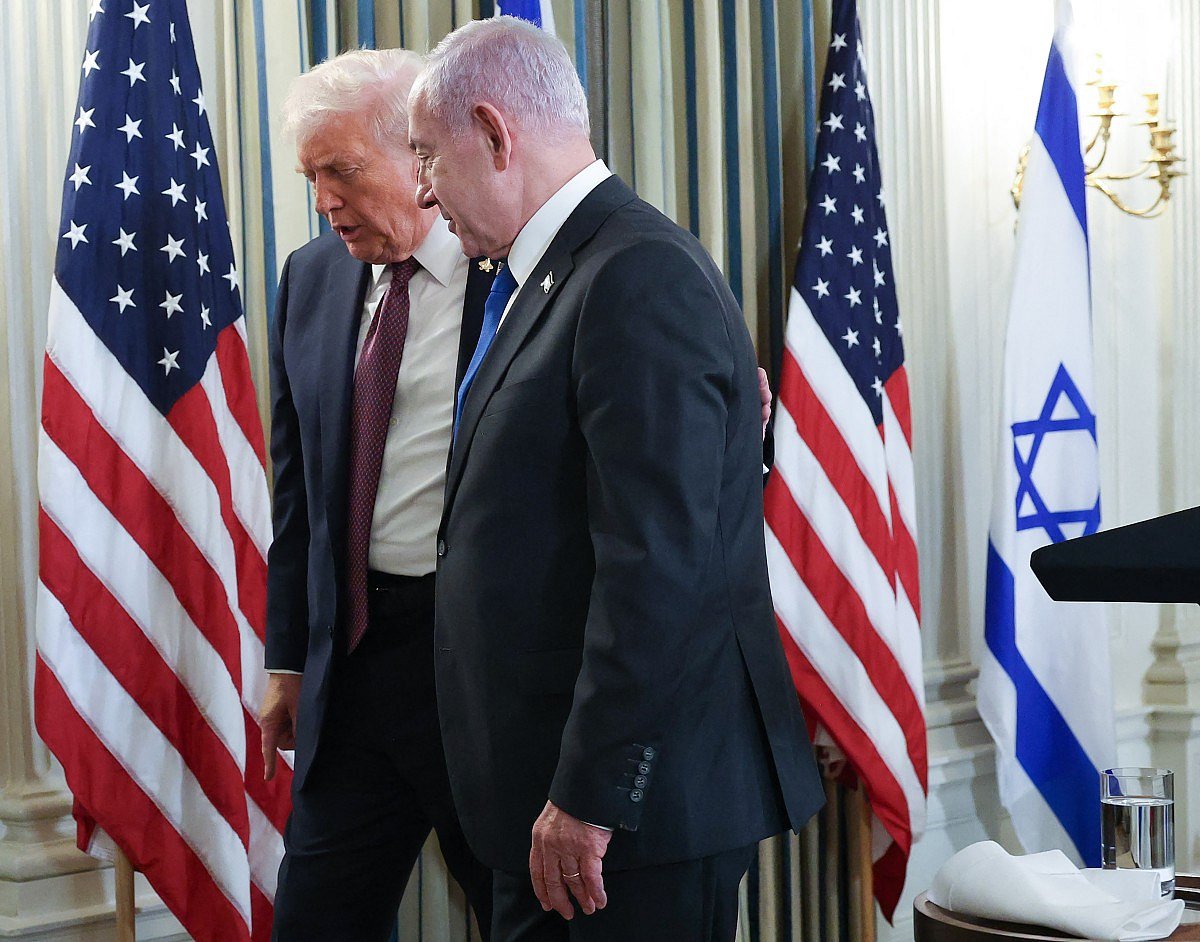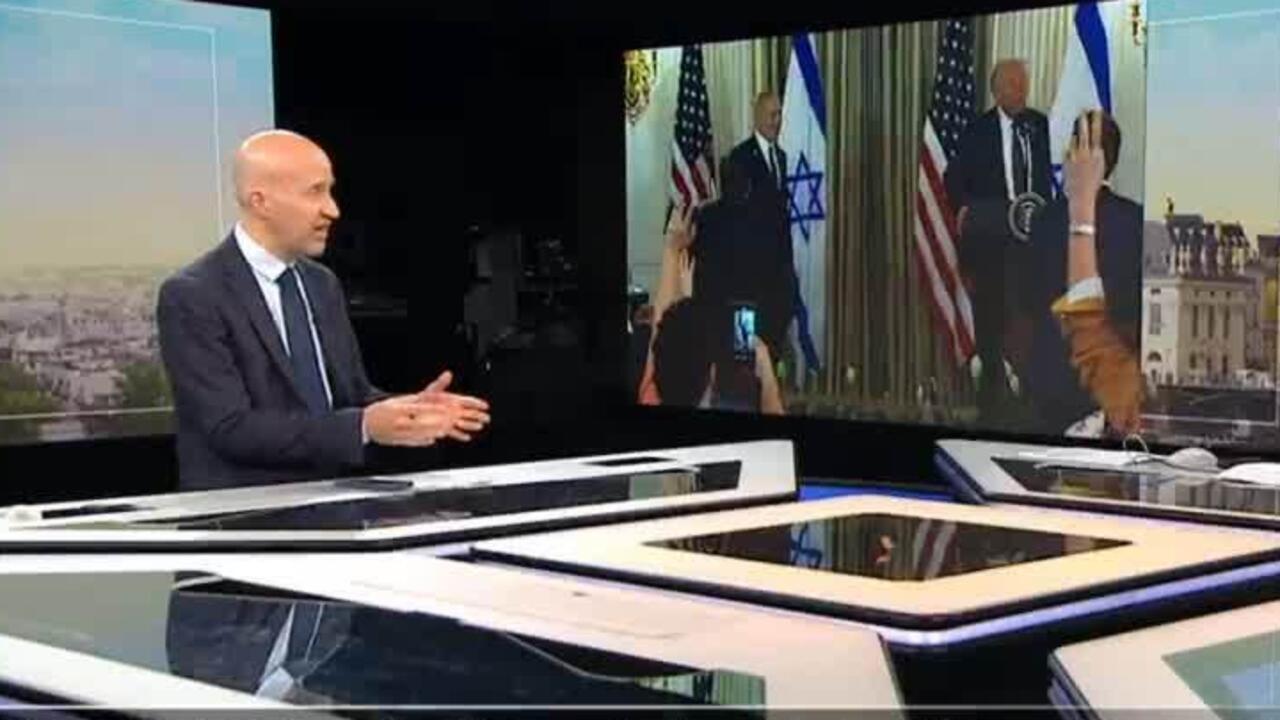JERUSALEM — Israel paused its ground offensive in Gaza City and prepared to send a delegation to Egypt for talks with Hamas as early as Sunday, Israeli officials said, after Hamas said it would accept President Donald Trump’s 20-point peace plan and release all Israeli hostages, subject to conditions and negotiations.
Trump welcomed Hamas’s response on Friday night and called on Israel to “immediately” halt its bombing campaign, saying he believed that Hamas was ready to make peace.
Medical workers, residents and local journalists in Gaza reported a night of Israeli bombardment that lasted well into Saturday morning. Israeli officials said the military had ordered a “reduction in the level of fire” to allow Hamas fighters to organize the hostages to be released, “but not a full ceasefire.”
Advertisement Advertisement
Advertisement
Advertisement Advertisement
Five people were killed overnight for a total of 66 dead over the past 24 hours, Zaher Waheidi of the Gaza Ministry of Health said.
The continuing violence underscored the fragility of a peace process that has now been backed, in its broad strokes, by both Israel and Hamas but is entering a complicated phase. Intense negotiations are expected to begin over the fine points of Trump’s plan, which was heavily shaped by Netanyahu before it was unveiled, and which Hamas says must be amended to also reflect its input.
Under terms set by Netanyahu, the Israeli military would withdraw from Gaza only in phases and not before all hostages were released. Even upon the hostages’ release, the Israel Defense Forces might not leave Gaza until it concludes that other conditions, such as Hamas’s disarmament and overall security in Gaza, have been met.
Advertisement
Hamas has signaled a willingness to release the hostages but demanded firmer commitments from Israel about its military withdrawal and a discussion about its role in a future Palestinian state. Israel has flatly rejected such a role for the militant group.
Netanyahu, in a brief statement before dawn, said he would seek to bring the war to an end “in accordance with the principles set forth by Israel, which are consistent with President Trump’s vision.”
The Israeli minister of strategic affairs, Ron Dermer, is to leave on Sunday or Monday for Egypt, where is expected to be joined by Trump’s special envoy Steve Witkoff, an Israeli official said.
Advertisement Advertisement
Trump, after days of applying pressure on Hamas, warning “all HELL” would break loose if it didn’t accept his deal by Sunday evening, appeared to pivot after its conditional acceptance late Friday. “Israel must immediately stop the bombing of Gaza,” he wrote on Truth Social, so hostages could be returned. He believed, he said, that Hamas was “ready for a lasting PEACE.”
Advertisement
The onus is now on Netanyahu, who has stated that Israel would end the war if all hostages were returned and Hamas disarmed. Israeli officials and government advisers have said in recent weeks they did not believe Hamas would agree to either condition. Hamas’s response on Friday, agreeing to release all hostages and asking to discuss the terms of the Israeli withdrawal, could test Netanyahu’s willingness to end the war.
“If Hamas is truly willing to release all of the hostages, then Prime Minister Netanyahu — under pressure from President Trump as well as a majority of Israelis who support the war ending on that basis — will have to decide if doing so is still a sufficient basis alone,” said Jonathan Panikoff, a Middle East analyst at the Atlantic Council. “Almost certainly, Prime Minister Netanyahu will be disappointed by the president’s statement on Truth Social and concerned that it reopens the potential for negotiations over the 20-point proposal, which Netanyahu almost certainly viewed as take-it-or-leave-it.”
Advertisement Advertisement
Advertisement Advertisement
Mahmoud Basal, a spokesman for Gaza Civil Defense, warned people in Gaza City against trying to move to Israeli controlled areas, where strikes continued and emergency services could not reach. Israel this week again cut off northern Gaza from the south as it escalated its assault on the capital.
Advertisement
After two years of war, Palestinians in Gaza viewed the developments with pessimism. Two ceasefires have collapsed. When Israel broke the last one, in March — it accused Hamas of refusing to negotiate in good faith — Netanyahu ordered a more intense military campaign and a two-month siege that led to a spike in starvation deaths and what analysts called a man-made famine in parts of Gaza. Scholars and an independent U.N. commission have called Israel’s actions during the war a genocide.
Haroun Alkarneb, a journalist who was displaced from Rafah, said he didn’t expect the current proposal to end the war.
“Many agreements have been made and, in the end, there is no seriousness in the agreement,” he said. He was skeptical Hamas would hand over all of its hostages because it would lose its bargaining power, and he doubted Israel would commit to ending its campaign.
Even if a ceasefire succeeded, he said, he had no home to return to — Israel razed his neighborhood when it took over the border city, he said.
“There is no trust, and we are tired from all the agreements failing,” he said. “Oh God, we are tired.”
[SRC] https://www.washingtonpost.com/world/2025/10/04/israel-hamas-war-peace-plan-netanyahu/
 Visit the website
Visit the website






